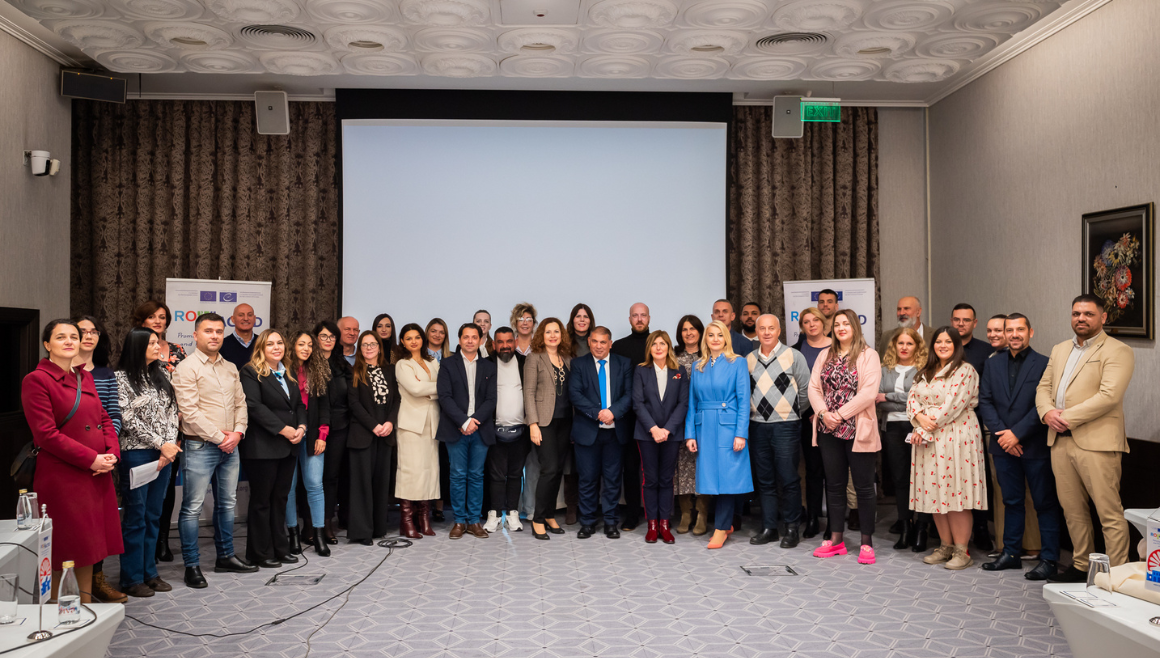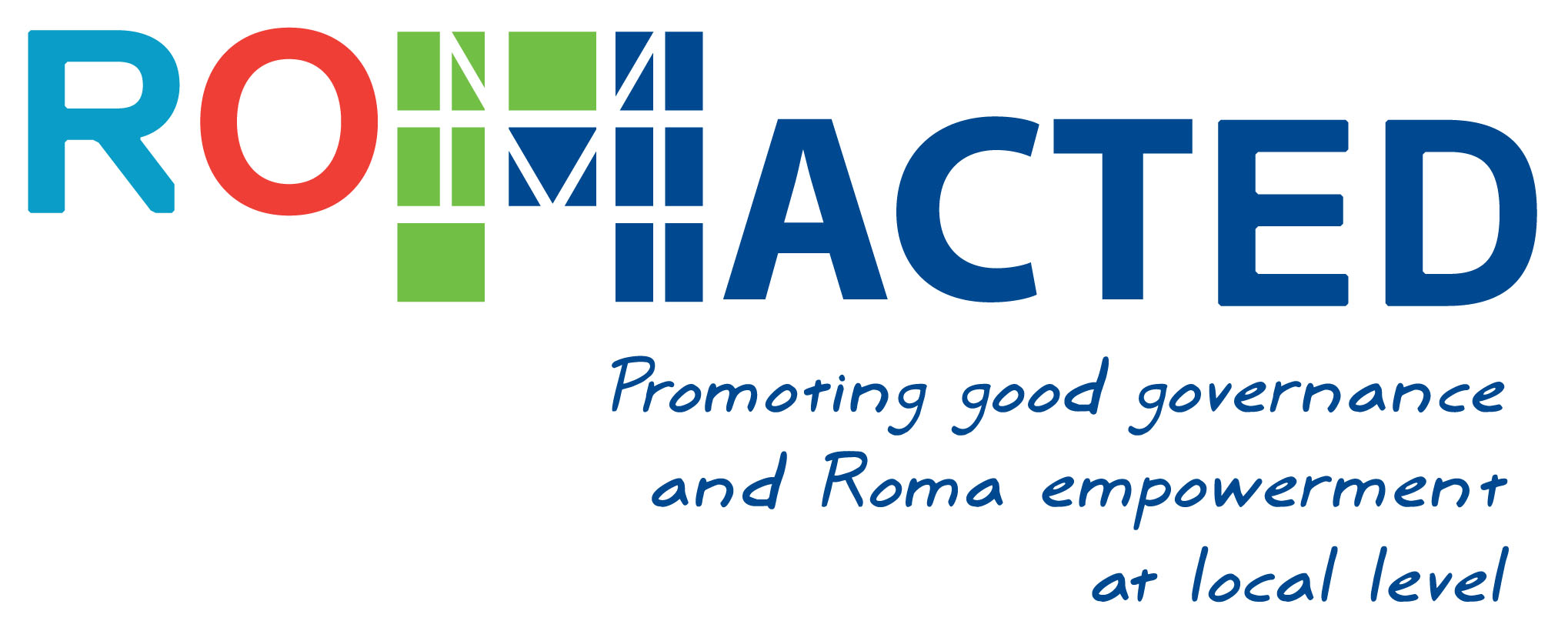The third Advisory Group meeting of the joint European Union and the Council of Europe programme ROMACTED II - Promoting good governance and empowerment of Roma at the local level was held in Podgorica on 4 December 2024.
The goal of this meeting was to discuss the implemented activities and achieved results within the Programme, as well as to jointly analyse lessons learned and recommendations for future similar initiatives and projects. The event was attended by representatives of relevant institutions and organisations from the local and central levels, so this meeting created an additional opportunity to discuss further strengthening cooperation between actors from both levels to improve joint action to create better living conditions for Roma and Egyptians in Montenegro.
In the introductory part, the Head of the Department for the Promotion and Protection of the Rights of Roma and Egyptians in the Ministry of Human and Minority Rights, Sokolj Beganaj, the Programme Manager for Human rights and Democratisation in the Delegation of the European Union to Montenegro, Mladenka Tešić, as well as the Head of the Council of Europe Programme Office in Podgorica Lejla Dervišagić addressed the attendees. In her address, Ms Dervišagić recalled the specificity and added value of the ROMACTED programme, which is primarily reflected in its focus on the local level, as well as the fact that it managed to establish close cooperation between the Roma and Egyptian communities and institutions. She thanked all partners from the local and central level, and especially the ROMACTED team, for their successful cooperation and dedicated work. "I am sure that the numerous practices and experiences of ROMACTED, which have proven useful and effective, will continue to be applied at the local level and in other initiatives," concluded Ms Dervišagić.
The first part of the event presented the results of the Programme's second phase in Montenegro and the preliminary evaluation findings. Some of the highlighted results are: 305 realised local interventions; 633 members of the Roma and Egyptian community and 145 representatives of local authorities trained and informed on various topics; 8 small projects and 8 projects on the topic of recovery from COVID implemented by the priority needs of the community. In the second part of the meeting, recommendations were discussed for the overall improvement of the process of social inclusion of Roma and Egyptians in Montenegro. The special focus was on topics and areas that the ROMACTED programme treated more intensively through its actions, namely the fight against antigypsyism, Roma and Egyptians' responsive budgeting, strategic planning, and the project management process.


